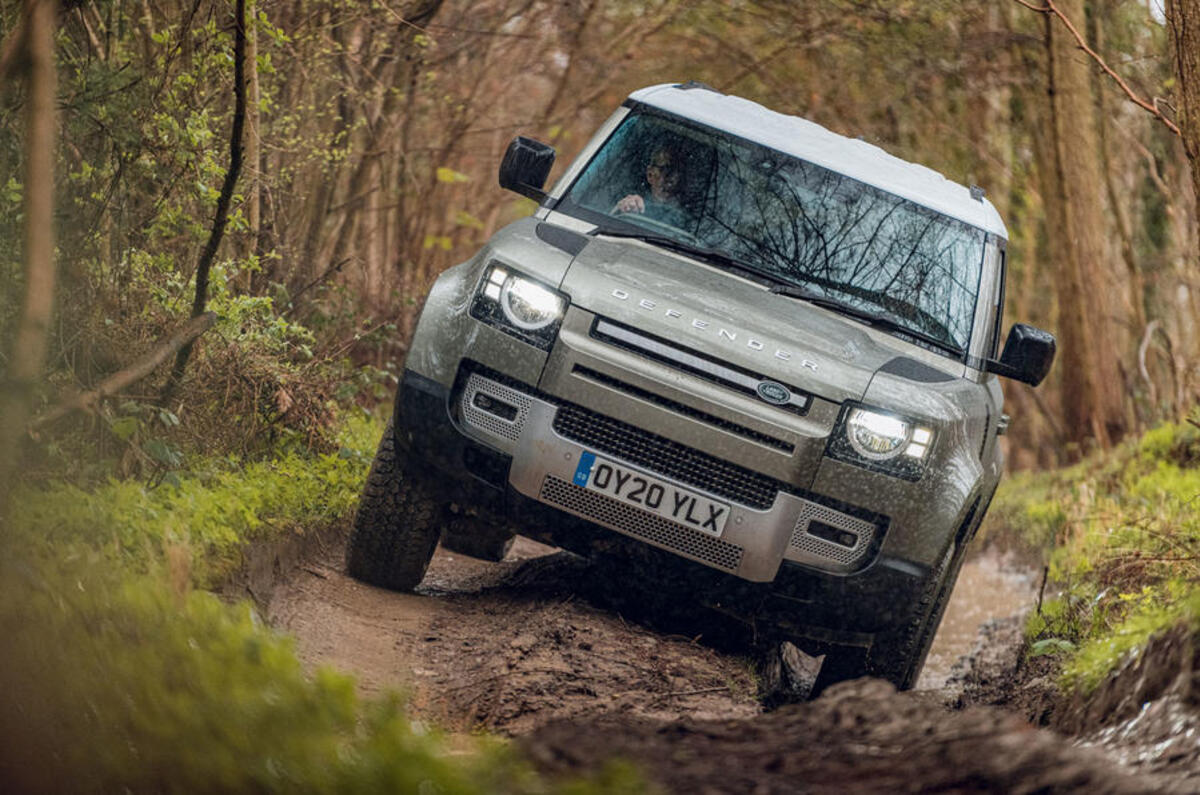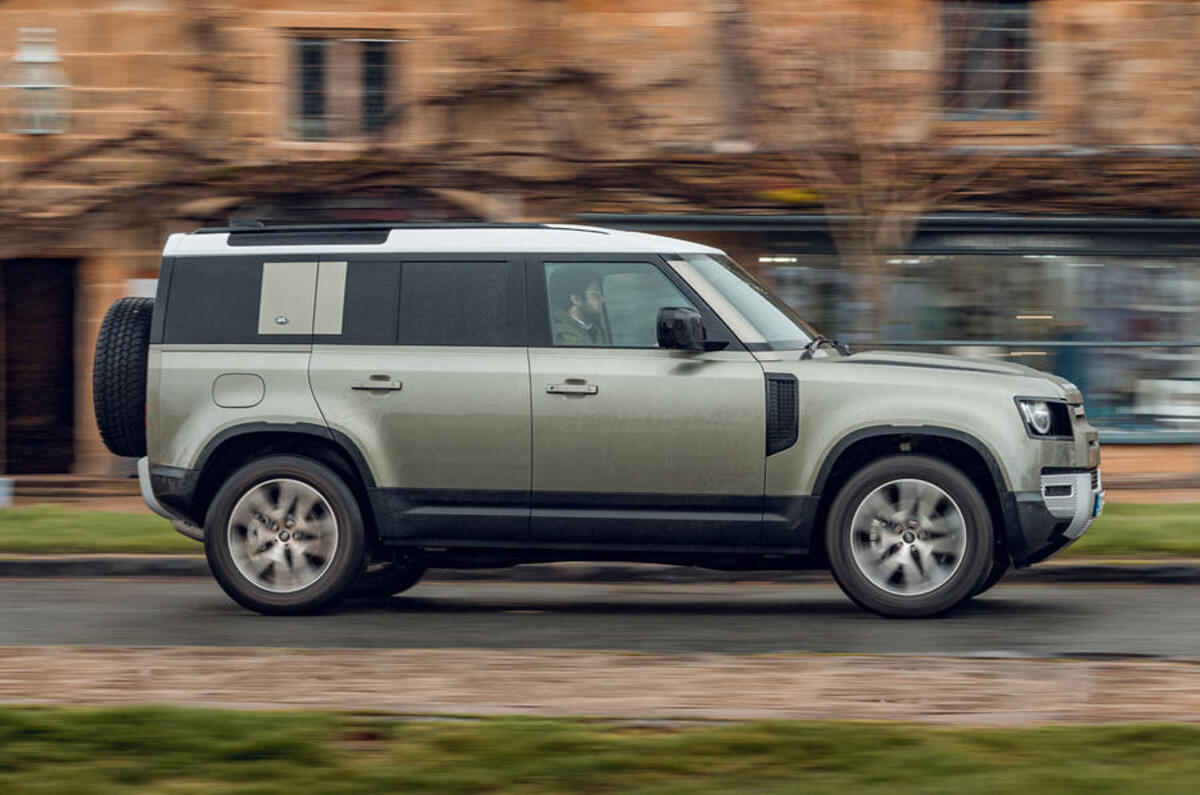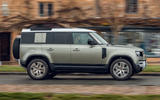Jaguar Land Rover will start testing its new fuel cell powertrain technology with a hydrogen-powered Land Rover Defender prototype later this year.
The company’s Project Zeus programme forms part of JLR’s plan to achieve zero tailpipe emissions by 2036 and is a core part of the Reimagine strategy unveiled by CEO Thierry Bolloré earlier this year.
Fuel cell electric vehicles (FCEVs) will be “complementary to battery- electric vehicles” in the company’s new-era product line-up. Key benefits over battery-electric vehicles, as outlined by Jaguar Land Rover, include rapid refuelling and optimal range in low temperatures.
Project Zeus will use an adapted FCEV Defender to test these attributes in a real-world setting, as well as other characteristics, such as off-road ability. Part-funded by the government-backed Advanced Propulsion Centre, Project Zeus is being run in partnership with engineering firms such as Delta Motorsport, AVL and Marelli Automotive Systems.
JLR says forecasts predict 10,000 hydrogen refuelling stations could be in operation by 2030 to serve a fleet of 10 million FCEVs.
READ MORE
Jaguar Land Rover to test fuel cell powertrains within the year
Why a hydrogen-powered Range Rover is a no-brainer
Jaguar Land Rover Reimagined: All the big questions answered











Join the debate
Add your comment
While it makes sense to test a fuel cell on a limited distribution vehicle, it re-ignites the chicken or the egg debate!
Provide the fuel first or provide the engines first?
Would it be an idea if the constructors who are keen on fuel cell vehicles contracted network operators and installed ONE hydrogen pump in each filling station on A-roads at least?
Come to that, if the vehicle is intended for farmers or remote locations use, why not develop secure storage tanks to install in farms or wind-farms for instance? If the idea works, good! If it fails, minimal loss?
Wow, a Defender article, lucky they're few and far between on this website... Tomorrow the story of the Defenders new bonnet latches and a tour of the Scottish Islands to test them prior to the 4.5 star judgement.
Sarcasm now switched off. There are a lot of the things up here in northern Scotland. They seem to be selling well against my prediction, but now I want to know how many Disco and Disco Sport sales they cannibilise. If you want a LR then you'll chose one of the range, I'm not sure they'll take conquest sales from other marques.
Ha ha ha. Utter incompetance. The sheer stupidity. Who are the morons who think that hydrogen fuel cells are the way to go.